In the UAE means basking in the glow of the sun, enjoying modern comforts, and having access to the highest facilities. The very peculiar environment provides for some peculiar challenges to indoor air quality. The unique conditions of prevailing high humid winds, desert dust, and sheer dependence on A/C create an environment where an HVAC system is essential for respiratory health. Be it Dubai or Abu Dhabi, Sharjah or any other Emirate, being knowledgeable about how HVAC affects allergies will put you in a better position to make choices that promote healthy homes or offices.
Indoor air quality plays a crucial role in human wellness, making the HVAC system impact on allergies a major concern for homes and commercial spaces. Modern buildings rely heavily on mechanical ventilation, but poor maintenance can increase allergens and pollutants. Research shows that the HVAC system impact on allergies is closely connected to dust circulation, microbial growth, and improper filtration. These factors contribute to long-term HVAC health effects, especially for sensitive individuals. In fact, the HVAC system impacts allergies and respiratory health when systems are not designed or maintained correctly.
How HVAC Systems Influence Indoor Allergens
One of the primary ways the HVAC system impact on allergies becomes evident is through airborne contaminants such as pollen, mold spores, and pet dander. When filters are clogged or ducts are dirty, the HVAC system impact on allergies increases significantly. These conditions worsen common HVAC health effects, including sneezing, watery eyes, and sinus irritation. Additionally, moisture buildup inside ducts can amplify the HVAC system impact on allergies, creating ideal conditions for mold growth. This highlights how the HVAC system impacts allergies and respiratory health in enclosed environments. Proper understanding of respiratory health and HVAC interaction is essential at this stage.
The UAE Climate and Its Effect on Indoor Allergens
- 1.1 Dust and Sand Infiltration: Being a desert country, fine sand and dust particles are always in the environment, mostly during the days when the sandstorm strikes. Through minuscule gaps, doors left open, or indeed the ventilation openings themselves, these particles can enter your building and settle down in your HVAC filters and ductwork. When caught inside the system, dust particles are spread into the indoor air every time the system is in operation. Continuous exposure can trigger allergies like sneezing, itchy eyes, or respiratory malaise.
- 1.2 High Humidity and Mold Growth: The humid climate in a coastal city such as Dubai or Abu Dhabi lasts for some months in a year. Water in the system might foster mold growth within ducts, filters, and vents. Once airborne, mold spores can result in persistent allergy symptoms such as nasal congestion, cough, and watery eyes. Severe mold exposure, however, can cause respiratory infections; hence, controlling humidity is an important factor in HVAC maintenance in the UAE.
- 1.3 Urban Pollution and Airborne Contaminants: Air pollution from traffic, construction, and industrial activity is a reality in busy metropolitan areas such as Sharjah or Dubai. These airborne pollutants could enter your HVAC system and travel into your house or office. Without a higher-grade filtration system, fine particles and organics will cause respiratory irritation to those indoors in the long term.
HVAC Maintenance and Respiratory Health
The HVAC system impact on allergies extends beyond minor discomfort and directly affects breathing conditions. Prolonged exposure to poor air circulation intensifies HVAC health effects, particularly for people with asthma or chronic bronchitis. Studies confirm that the HVAC system impact on allergies can aggravate coughing, wheezing, and throat irritation. These HVAC health effects clearly demonstrate the strong link between respiratory health and HVAC system performance. A poorly maintained unit increases the HVAC system impact on allergies, leading to reduced lung function and discomfort.
- Regular Replacement of Filters: Before dust, pollen, pet dander, and other such particles manage to come into your abode, these air filters do their work to trap them. In places such as the UAE, where dust hangs heavy in the atmosphere, regular changing of filters every 1–2 months is most required lest we go into buildup mode, thus compromising clean airflow. There sits the HEPA, the finest among all, that can trap particles up to 0.3 microns in size. This is, hence, an apt choice for those suffering from allergies and anyone else intent on respiratory health.
- Professional Duct Cleaning: In due course, an HVAC duct fills with umpteen layers of dust and mold, pet dander, and allergens, to name just a few. If left uncleaned, myriad particles could get released into the air every time the system runs, and so will make indoor allergies worse. In the UAE, professional cleaners have appropriate equipment to fully clean up debris from the system. Ideally, cleaning every 12 to 18 months greatly limits the allergens and restores airflow performance.
- Coil and vent cleaning: The HVAC evaporator and condenser coils collect dust and moisture in the course of their operation. These places can mold and harbor bacteria if neglected for cleaning. Similar to this, vents are laden with dust, only for the same to be blown back into the room with each operation of the system. Therefore, cleaning of coils and vents improves the indoor air quality and the system’s working efficiency, as well as extends the life of the system. Check out our latest blog post on How to Prepare a Site for GRC Installation
HVAC System Selection for Homes and Offices in the UAE
- Sickness Allergy Systems: Many of the advanced features incorporated within modern HVAC systems are aimed at improving air quality. Some examples of this include built-in HEPA filtration, UV light technology to kill mold spores, and air ionizers to get rid of fine particles. Investing in allergy-friendly systems makes the indoor environment healthy throughout the year, as air quality can rapidly decline because of externalities in the UAE.
Basic HVAC Control
- Humidity Control Integration: In the United Arab Emirates, control of humidity is vital because the country has coastal humidity mixed with desert air. Every kind of HVAC system with a dehumidifier attached keeps the moisture, at least, within 30-50% limits to prevent mold growth and keep the dust mite population low, which is comfortable for human beings since it decreases conditions relating to allergens.
- Energy Efficiency and Unpolluted Air: Energy-efficient HVAC systems reduce the bills for electricity, which in itself is a very big problem during the long summer, perhaps here in the UAE, and still, no less important, at the same time, improve air circulation! Most inverter-based systems keep constant air flow and filtration to ensure that stale air pockets laden with allergens do not set in; in a way, they pay for themselves.
Best HVAC Practices to Reduce Allergy Risks
Implementing the best HVAC practices to reduce allergies is essential to control indoor air pollution. Regular filter replacement, duct cleaning, and humidity control significantly lower the HVAC system impact on allergies. Following the best HVAC practices to reduce allergies also minimizes harmful HVAC health effects while supporting better respiratory health and HVAC balance. Proper airflow management reduces the HVAC system impact on allergies in both residential and commercial spaces.
Tips for Helping Allergy Prevention Through HVAC Maintenance
- Seasonal Maintenance: Scheduling seasonal HVAC checks can be done just before summer and winter to make sure that the cleaning and efficiency of your system are on par with the harsh temperatures in the UAE. Filters are replaced by the technicians; they inspect ducts for mold, calibrate the settings for humidity, and clean coils to keep allergens at bay.
- Seal Air Leaks: If issued into the leaky ducts and vents, dust, dirt, sand, and allergens can enter the airflow from the outside or other spaces. The contaminants go past filters and directly into your own indoor air. Thus, sealing leaks with materials of professional grade would assure filtered first and then clean air coming out of your HVAC system, protecting respiratory health.
- Accept Rich Greenery: Enhance Filtration by Plants: Your peace lilies, snake plants, and areca palms will absorb toxins that float around in the air and aid in natural air purification. While the HVAC does a big part of the work of purifying, the plants can also help in that regard. Lastly, it is essential to select plants that produce no pollen. Otherwise, you might be letting in another allergen into your house.
Routine inspections help limit the HVAC system impact on allergies by preventing dust buildup and microbial growth. Consistent maintenance reduces HVAC health effects and ensures efficient system performance. Addressing the HVAC system impact on allergies early supports cleaner air and improved comfort. Ultimately, understanding respiratory health and HVAC relationships allows occupants to make informed decisions that protect long-term wellness.
Conclusion
An HVAC system is not just for cooling air in the UAE; whatever dust gets into your air, the system cannot do anything about it; the dust settles. HVAC systems prevent dust from entering and prevent humidity and airborne allergens. Contact us, as little maintenance with finer filtration and tailored humidity control can greatly remedy the respiratory condition of you and your family. Being in Dubai or Abu Dhabi, or anywhere across the Emirates, an investment in the proper care of your HVAC would mean cleaner air and a better life.


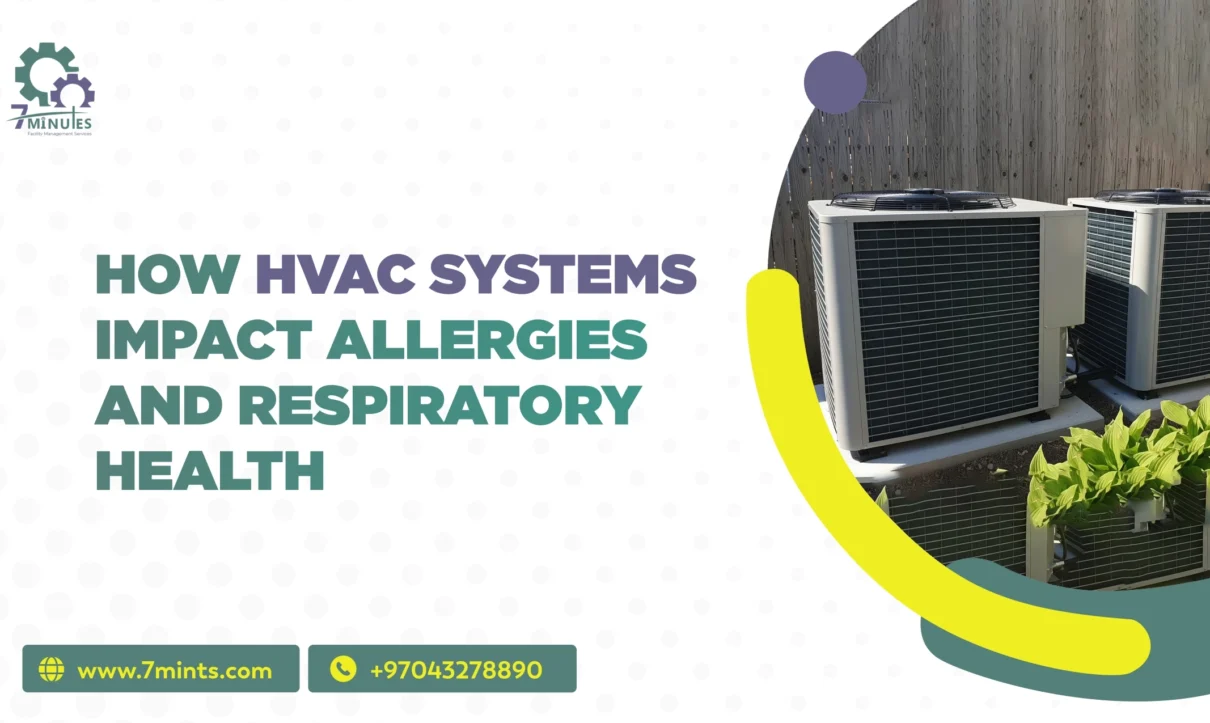


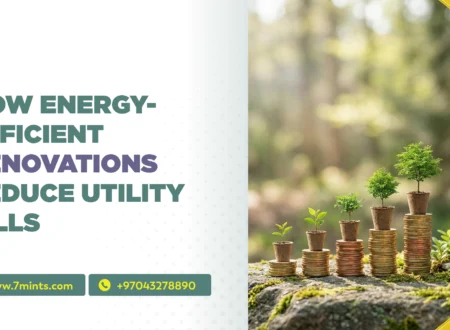
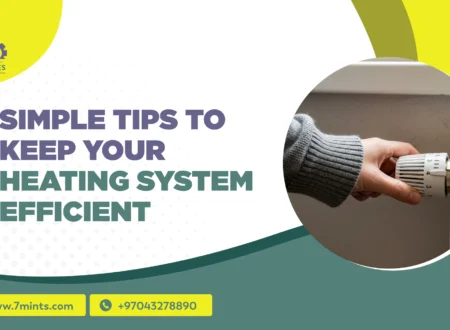
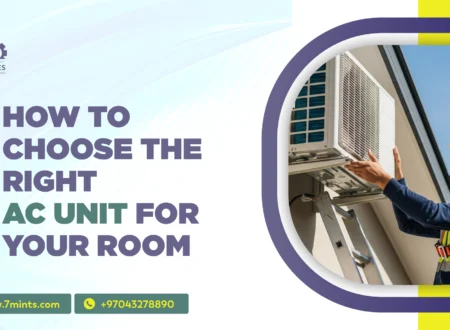
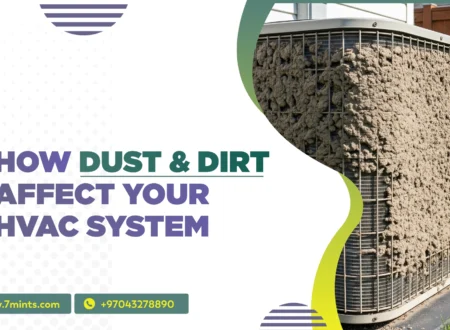
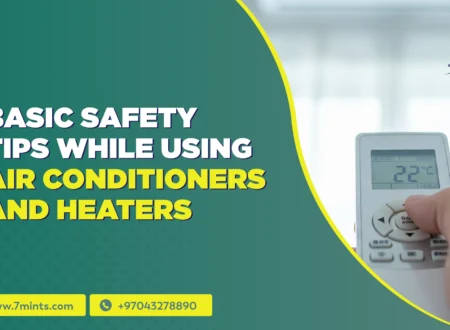
1 Comment
Comments are closed.